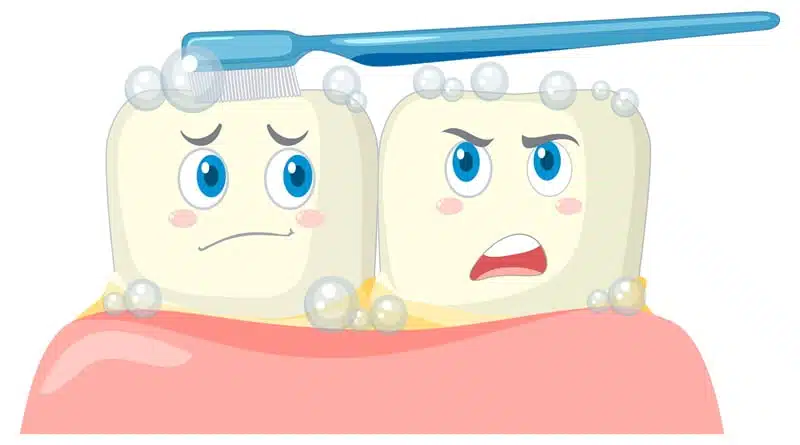A broken tooth can lead to discomfort, sensitivity to hot or cold, and costly dental treatments. It may also affect your ability to eat or speak properly. Tooth damage can happen due to accidents, hard foods, or untreated dental problems. Taking preventive steps can reduce the risk of breaking a tooth.
Why Preventing a Broken Tooth Matters
Teeth are durable, but they can still break or crack. A broken tooth can lead to pain, infection, and difficulty eating or speaking. It may also require costly procedures like root canals or tooth extractions. By practicing good oral care, you can avoid unnecessary dental issues.
Common Causes of Broken Teeth
To prevent broken teeth, it’s important to understand the causes. Common reasons include chewing hard foods, grinding teeth, untreated cavities, or injury. Teeth can also become weaker due to enamel loss or past dental work. By recognizing these risks, you can take steps to protect your teeth.
Six Steps to Prevent a Broken Tooth
Maintain a Consistent Oral Hygiene Routine: Good oral hygiene is the foundation of strong teeth. Brush your teeth twice a day with a soft-bristled toothbrush and fluoride toothpaste. Floss daily to remove plaque and food particles. Use an antibacterial mouthwash to kill harmful bacteria.
Avoid Chewing Hard Items: Be cautious about what you chew. Avoid hard foods like ice cubes, popcorn kernels, and frozen snacks. Non-food items like pens or nails can also damage teeth. If you need to chew, choose sugar-free gum to protect your enamel.
Address Teeth Grinding: Teeth grinding, especially at night, can weaken your teeth. Talk to your dentist about a custom mouthguard. Managing stress with relaxation techniques can also help reduce grinding.
Protect Your Teeth During Physical Activities: Wear a mouthguard when playing high-impact sports. A mouthguard shields your teeth from injury during falls or collisions. Ensure that all protective gear, like helmets, fits properly to reduce the risk of damage.
Schedule Regular Dental Check-Ups: Regular dental visits help spot problems early. Your dentist can detect signs of cavities, wear, or cracks. Preventive treatments like fluoride applications or dental sealants can provide extra protection. Aim for a visit every six months, or more often if needed.
Strengthen and Nourish Your Teeth: Your diet plays a significant role in dental health. Eat foods high in calcium and phosphorus, such as dairy, greens, and fish. Drink water to help wash away acids and bacteria. Limit sugary snacks and acidic drinks, which can weaken enamel.
What to Do If You Suspect a Cracked Tooth
If you suspect a cracked tooth, act quickly. Rinse your mouth with warm salt water to clean the area. Avoid chewing on the damaged tooth and stick to soft foods. Schedule an appointment with your dentist to evaluate and treat the issue.
Take Action for Your Smile Today
Start protecting your teeth by adopting these simple oral care habits. Don’t wait for a dental emergency, schedule a check-up with your dentist now for personalized advice and professional care. Your healthy smile begins with just a few good habits!
- mylovelyfurryfriend discover expert tips on dog health
- Infectious Diseases Updates – Stay Informed, Stay Protected!
- Wegovy For Weight Loss – A Breakthrough in Managing Obesity!
- Emergency Medicine Forum – A Hub for Fast-Paced Knowledge, Support & Updates!
- Pediatrics Discussions – Insights, Challenges, and Expert Advice for Better Child Health!





Leave a Reply